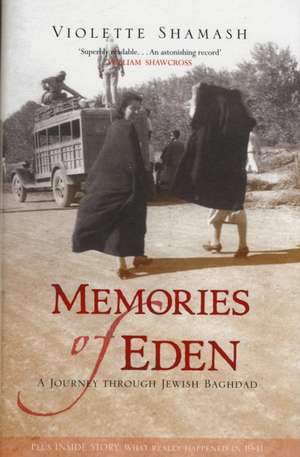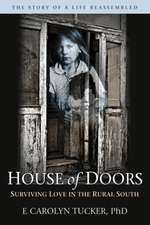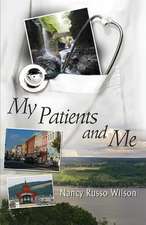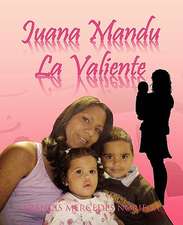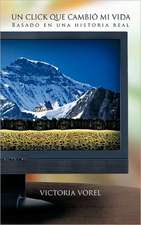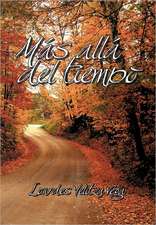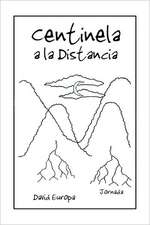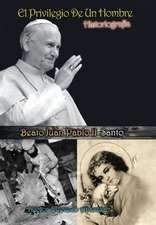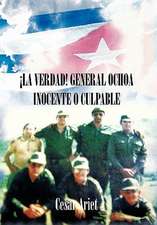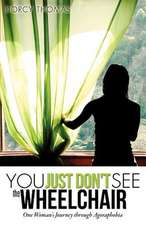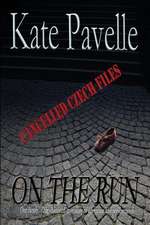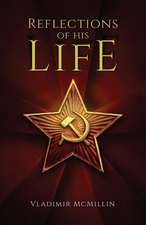Memories of Eden
Autor Violette Shamash Editat de Mira Rocca, Tony Roccaen Limba Engleză Hardback – 14 feb 2008
Preț: 138.46 lei
Nou
Puncte Express: 208
Preț estimativ în valută:
26.50€ • 28.80$ • 22.28£
26.50€ • 28.80$ • 22.28£
Carte disponibilă
Livrare economică 31 martie-14 aprilie
Livrare express 14-20 martie pentru 36.39 lei
Preluare comenzi: 021 569.72.76
Specificații
ISBN-13: 9780955709500
ISBN-10: 0955709504
Pagini: 320
Ilustrații: 50-55 illustrations
Dimensiuni: 146 x 223 x 37 mm
Greutate: 0.64 kg
Editura: Forum Books Ltd
Locul publicării:London, England
ISBN-10: 0955709504
Pagini: 320
Ilustrații: 50-55 illustrations
Dimensiuni: 146 x 223 x 37 mm
Greutate: 0.64 kg
Editura: Forum Books Ltd
Locul publicării:London, England
Notă biografică
The AuthorViolette was born in Baghdad in 1912, and lived with her brothers and sisters on the riverbank in a 'castle' built by their father in Ottoman days. She grew up in Arcadian conditions, an Arab of the Jewish faith, witnessing Mesopotamia's emergence from a primitive past to a modern present and a future full of promise.But when the Jews were attacked in the pogrom of 1941, she and her young family fled to start a new life in India, and after that, Palestine. The combination of Violette's acute asthma and Israel's war of independence meant that the family fled once more - to Cyprus. The following years were spent between the island and Israel, before finally settling in London in 1964.A cultured and educated lady, Violette was passionately interested in Jewish Iraqi history, and for over 20 years sent jottings, letters, and short essays to her daughter, Mira. These Memories of Eden have now been edited by Mira and her journalist husband, and published for a broader audience. Violette died in 2006.The EditorsTony Rocca is a journalist, author and winemaker, the grandson of the Italian immigrant who bestowed the name Manchester United on the struggling soccer club once known as Newton Heath (no shares passed down the line).Born near Manchester and educated at Rossall, at the age of 17 he began working for a local paper, the Stockport Express. In 1964 he joined the Daily Mail where he worked for 10 years. There followed a further decade in London with The Sunday Times as reporter, feature-writer, Insight investigator and foreign correspondent with specialised interest in Greece, Cyprus and the Middle East.Tony's 15 minutes of fame came with the demise of Sir James Goldsmith's Now! magazine which he joined as deputy news editor on the very morning it became Then! Next came a brief period as features editor of the Mail on Sunday and several years freelancing. His articles have appeared in most British national newspapers as well as The New York Times and Reader's Digest.In 1989 he and his wife Mira returned to his family's Italian roots and invested their savings in a dilapidated Tuscan farmhouse. The story of the pitfalls and adversity that can confront the 'good life' novice, ending in unprecedented success for the wine they produced, formed his first book, Catching Fireflies, published by Century in 2004 (Arrow, 2005).
Cuprins
1. The castle. From the teeming alleyways of Old Baghdad, Violette's family moves to a new home on the riverbank surrounded by palms and orchards. Water and heat dominate their lives.2. Childhood. The country is still primitive, with river craft that pre-date Noah, and country girls bearing 40kg loads of yohgurt piled in baskets on their heads. Violette goes to school on donkey-back.3. Shebbath. Food for the sabbath has to be special. Violette explains the rituals of the kitchen and the hammam (Turkish bath), the care with which the dishes are prepared, the table set and the blessings said.4. Iraq. The Jews settled in Mesopotamia in biblical times and live in harmony with their Muslim neighbours. By the time the British arrive and re-name the country the community represents almost 40 per cent of the population.5. The Twenties. Modernisation begins to reshape the country. Trade and commerce flourish. The street scene is 'a wonderful stage' of pavement vendors, peddlers of home-made cures, jostling shoppers, sights and smells.6. High Holidays. The community preserves ancient tradition through scorching summer and the mercifully cooler time of September, when everything in the home is made new or replaced and special food is prepared for the festivities.7. Qahwat Moshi. The coffee shop of this name is the heart of the city where all business is conducted and we meet the matchmaker, learn about worry beads, superstitions and enjoy stories from the past.8. Love and marriage. Arranged marriages are still very much the rule of the day. Violette explains the bargaining processes, the dowry system, the party traditions and rituals involved.9. The Thirties. A new and sinister mood sweeps the country when Iraq gains independence. With Nazism on the rise in Europe, Arab sympathies begin shifting to embrace German doctrine. Suddenly, the Jews find themselves persecuted and reviled.10. Revolution. By 1939 Violette has been married for two years. A period of uncertainty follows when a rabidly pro-Nazi called Rashid Ali seizes power. Violette and her husband decide they must leave the country - but she is pregnant.11. Curfew. It is 1941. The 'black month of Rashid Ali' is all curfew and attacks by 'Hitler Youth'-style gangs. Sheltering with the family, Violette gives birth to Mira by candlelight in a blacked-out room.12. Farhud. The horror of what happened over two days of full-scale pogrom, when some 200 Jews were killed and damage equivalent to GBP13m today was caused.13. First flight. Six months later, Violette and her young family flee, having escaped the pogrom through the kindness of Muslim neighbours.14. Last flight. Violette recounts the dramatic story of her sister's escape from Baghdad in 1969 after being jailed for two years.15. Postscript. Violette muses on the plight of Iraq today, reflecting on its regression into tyranny and mayhem and comparing it with her Baghdad, gone forever.
